8 Reasons Why Fairy Tales Are Essential to Childhood
This post may contain affiliate links.
Not everyone believes in the importance of fairy tales for kids. In fact, 25% of parents recently surveyed said they wouldn’t read fairy tales to a child under five years old because they didn’t teach a good lesson or were too scary. Many of you shared your opinion about this on Facebook and please comment here, too – I want to hear your thoughts!
The fairy tale survey, quoted in this UK’s Telegraph article shared the top ten fairy tales parents don’t read and why. Reading through the list of reasons, I can only conclude that these parents have lost their reasoning skills –completely. For example the reason not to read Goldilocks is that sends a message to steal. Hardly. If anything, the message is don’t break into houses because a family of bears might live there.
I want to look at why fairy tales are important for kids; why they’re essential stories for childhood.
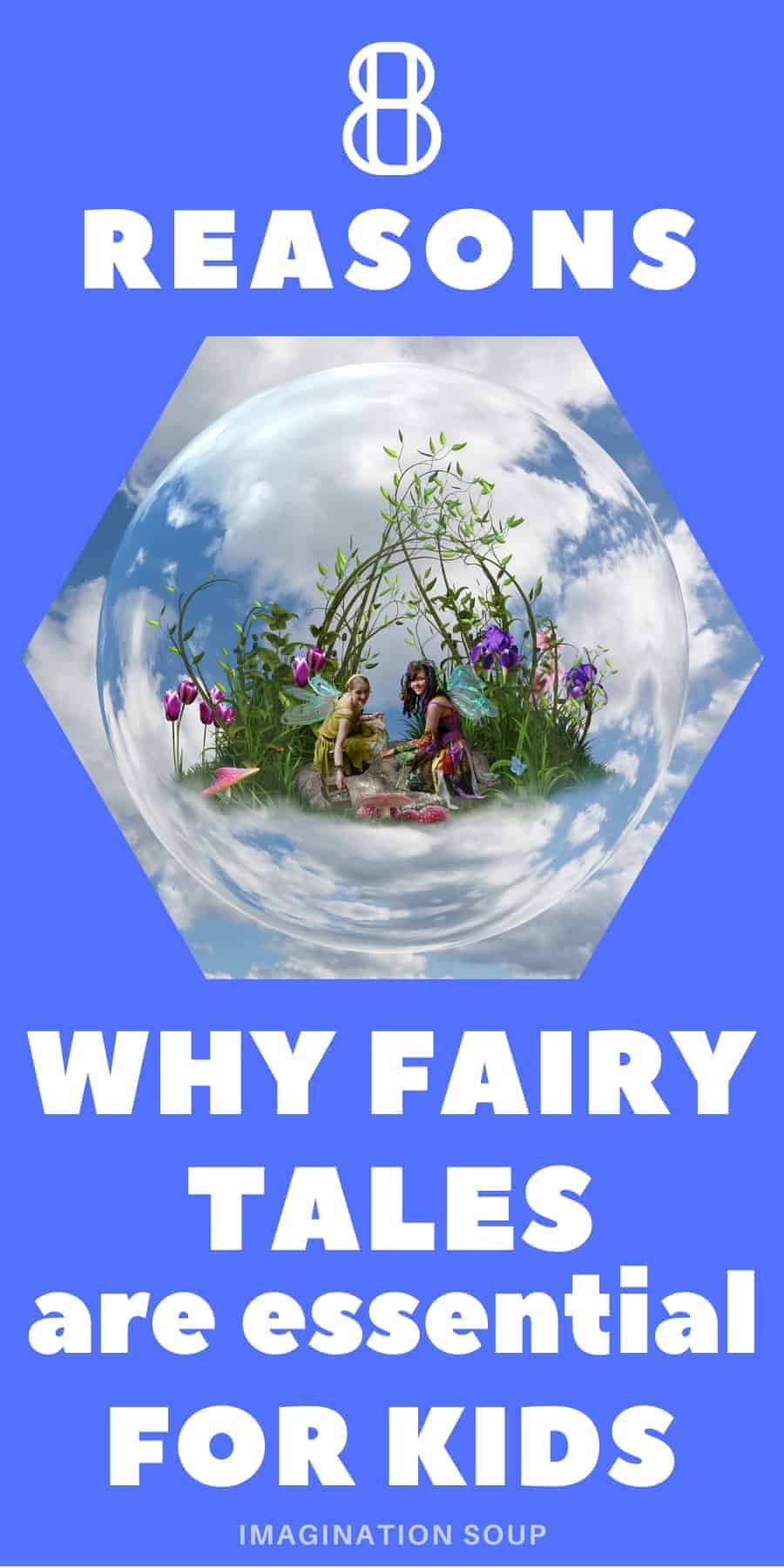
8 Reasons Why Fairy Tales Are Essential to Childhood
“If you want your children to be intelligent, read them fairy tales. If you want them to be more intelligent, read them more fairy tales.”
― Albert Einstein
1. Fairy Tales Show Kids How to Handle Problems
We learn from the characters in stories, even as adults. They help us because we connect to our own lives, dreams, anxieties, and consider what we would do in their shoes. Fairy tales help children learn how to navigate life. (Bettelheim, B. Uses of Enchantment: The Meaning and Importance of Fairy Tales.)
“Fairy tales do not tell children the dragons exist. Children already know that dragons exist. Fairy tales tell children the dragons can be killed.”
― G.K. Chesterton
2. Fairy Tales Build Emotional Resiliency
Fairy tales show real life issues in a fantastical scenario where most often the hero triumphs. (Except in Grimm originals.) Children need to discover in a safe environment that bad things happen to everyone. Because guess what? No one in life is immune from challenges — so we need to build capacity in our children. Do we build emotional muscles so our children can hang on during tough times or do we shelter our kids, protecting them, leaving them so weak they can’t handle anything requiring strength?
3. Fairy Tales Give Us a Common Language (Cultural Literacy & Canon)
Neil Gaiman writes, “We encounter fairytales as kids, in retellings or panto. We breathe them. We know how they go.”
4. Fairy Tales Cross Cultural Boundaries
Many cultures share common fairy tales like Cinderella, with their own cultural flavor. We read the versions and know we all share something important, the need to make sense of life with story, and the hope for good to triumph over evil.
5. Fairy Tales Teach Story
Fairy tales are understanding the basics of a story — setting, characters, and plot (rising action, climax, and resolution) as well as the difference between fiction and non-fiction. Once a child understands story structure, it supports his ability to make predictions and comprehend other stories he’s reading.
6. Fairy Tales Develop a Child’s Imagination
“When I examine myself and my methods of thought, I come to the conclusion that the gift of fantasy has meant more to me than any talent for abstract, positive thinking.”
― Albert Einstein
7. Fairy Tales Give Parents Opportunities to Teach Critical Thinking Skills
I absolutely hate Disney’s The Little Mermaid. A girl abandoning her life for a boy is rubbish and no kind of role model for my daughters. Even the original version shows a weak woman who dies for the man — I don’t like it. (But at least she suffers the consequences!)
But.
It doesn’t mean I won’t let my kids read the mermaid story. Sheltering doesn’t give my kids critical thinking skills. Exposure and guided conversation do! (Maybe with a few groans from the peanut gallery.)
8. Fairy Tales Teach Lessons
Use fairy tales to teach morals and lessons. What can you learn from Goldilocks? How about Cinderella or Jack and the Beanstalk?
So, are fairy tales too scary for kids?
Sometimes.
You need to consider a child’s age and developmental stage. We don’t read a two-year-old the original Rapunzel where the prince is blinded and bloodied because the child won’t understand it anyway. Use your judgment as a parent. Let your children use their judgment, too — they’ll be able to say if they think the story is too scary or not.
You need to consider time of day to read the fairy tales. Perhaps some fairy tales aren’t meant to be bedtime stories. So, read them at lunch!
Just don’t ban fairy tales from your child’s life forever just because some are scary or politically incorrect. You can easily find modified versions if that works better for your child and your family.
What are your thoughts about fairy tales?
What are your favorites?
“Though now we think of fairy tales as stories intended for very young children, this is a relatively modern idea. In the oral tradition, magical stories were enjoyed by listeners young and old alike, while literary fairy tales (including most of the tales that are best known today) were published primarily for adult readers until the 19th century.(complete:http://www.endicott-studio.com/gal/galWi…)”
― Terri Windling
KEEP READING
Huge List of Fairy Tale Books for Children
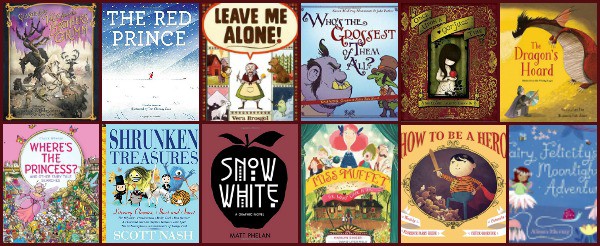
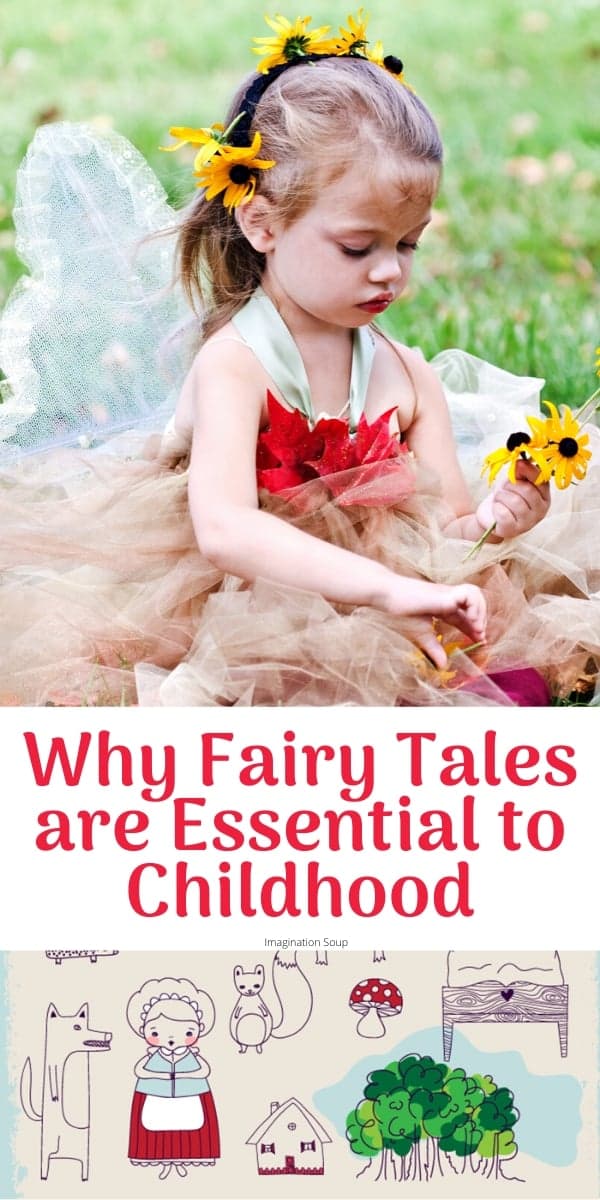

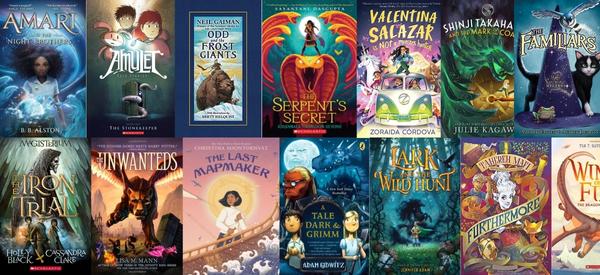
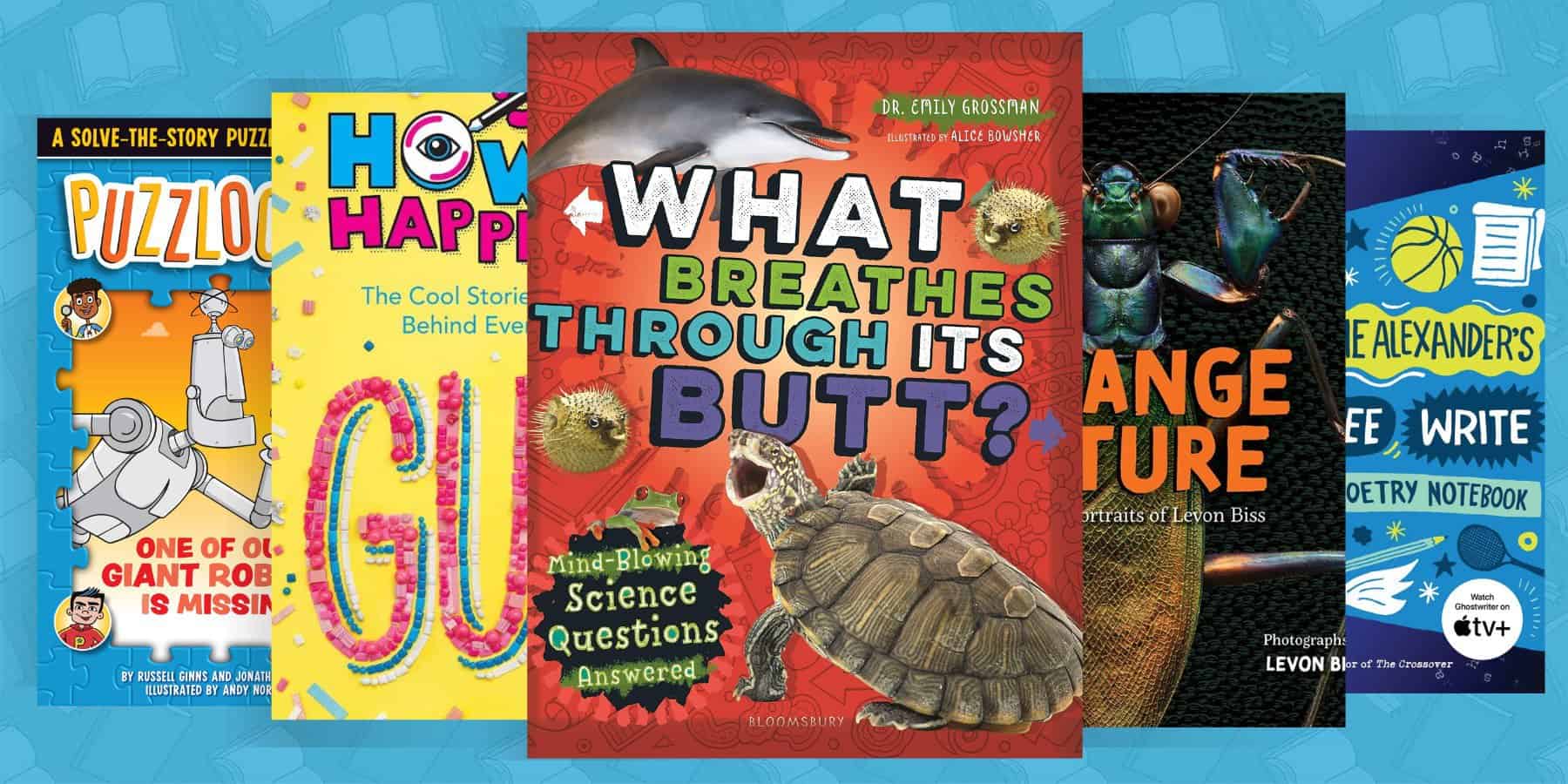
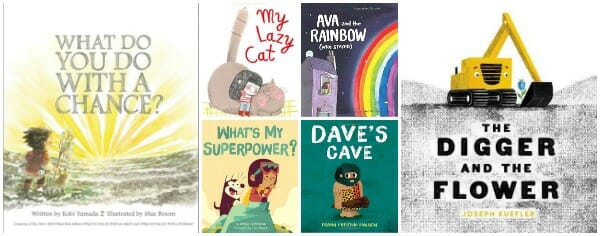

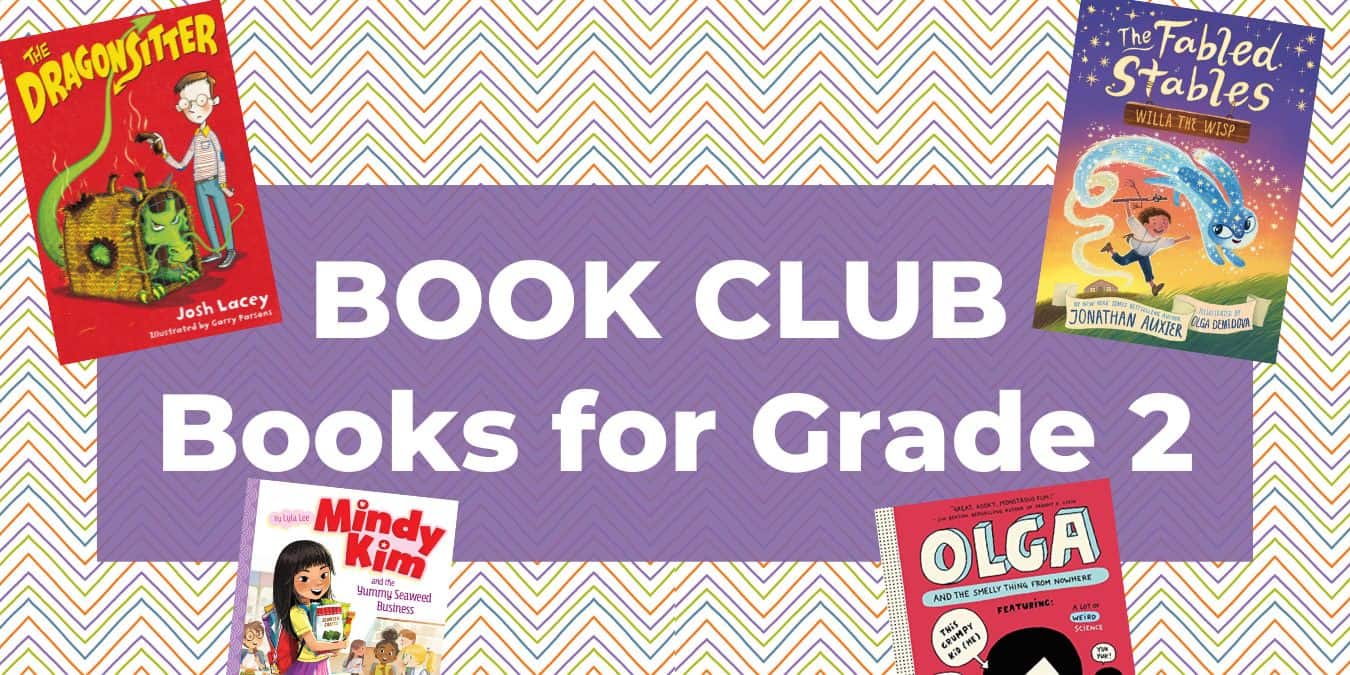
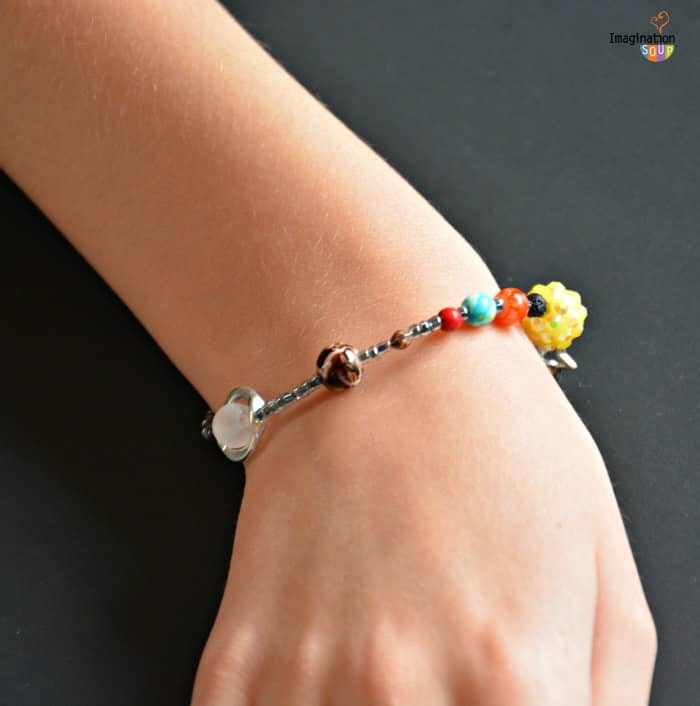

I grew up on fairy tales and it has made my life all the better for doing so. My mom read me some, but otherwise I picked up on it myself. It adds so much color to how one looks at every day life. Things can seem quiet boring in the daily routine, but reading these stories totally puts new glasses over your eyes so you see things in a more exciting way. I would not be who I am today if it hadn’t been for these stories.
Great article! I don’t think fairy tales are too scary for children, but I think people need to remember that they were never supposed to be children’s stories. And I agree with your point about how it depends on the child and it’s up to the parent to gauge what they can and can’t handle. Also that some fairy tales shouldn’t be bedtime stories!
I was reading ‘The Wild Swans’ to my niece at bedtime, and there was a bit in it about witches digging up bodies in a graveyard and another bit at the end where the evil queen gets burnt alive. I glossed over those. For different reasons, too. The burning simply because I didn’t want her to go to sleep with the image of someone being burnt alive in her head (if it had been earlier in the day, I’m sure she wouldn’t have bothered about it!) and the graveyard bit because I felt it didn’t add anything to the story, and goes beyond being gory/scary. Sometimes kids like gory/scary things, but there’s a line between that and things which are rather disturbing. Corpses being dug up and eaten is definitely one of the latter.
I love the oral tradition of fairy tales. When I taught 2nd grade we had a wonderful fairy tale reader with 20 some fairy tales, kept a comparison chart of common characteristics of fairy tales, explored the image of wolves as villains in fairy tales but loyal mates and pack animals in nature, compared gender stereotypes with real capabilities. I gotten a grant & bought wonderful large sets of castle building blocks. We worked in teams designing & building self sustaining castles. What Fun!
What a wonderful teacher you are – your students are so lucky to have someone like you!!
Surlalune Fairy Tales: History of Beauty and the Beast, was interesting. It is my favorite “fairytale,” but perhaps for different reasons from those of others. Besides the more obvious, the obstacles to overcome and the tasks set for the characters, it has elements which remind me that God (as I have come to believe) is truly a gentle, determined lover, who wishes his beloved to truly know him, i.e., to know him as he really is; not always so easily accomplished. We must be vulnerable, and this is a love that will break our hearts, but in a good way. It is God who woos our soul, even when we fear and mistrust him. There is an intimacy that God seeks with each one of us. Although the intimacy is shared by God with each who will respond, it is unique for each of us, as we are each unique. I recommend C.S. Lewis’ only novel, which he considered his best work, “Til We Have Faces;” a retelling of Cupid and Psyche, (related to The White Bear, and the modern telling, Beauty and the Beast.) I enjoyed the many comments of others.
i love fairytales cause their so fun to read and no one likes fairy tales more than the little children